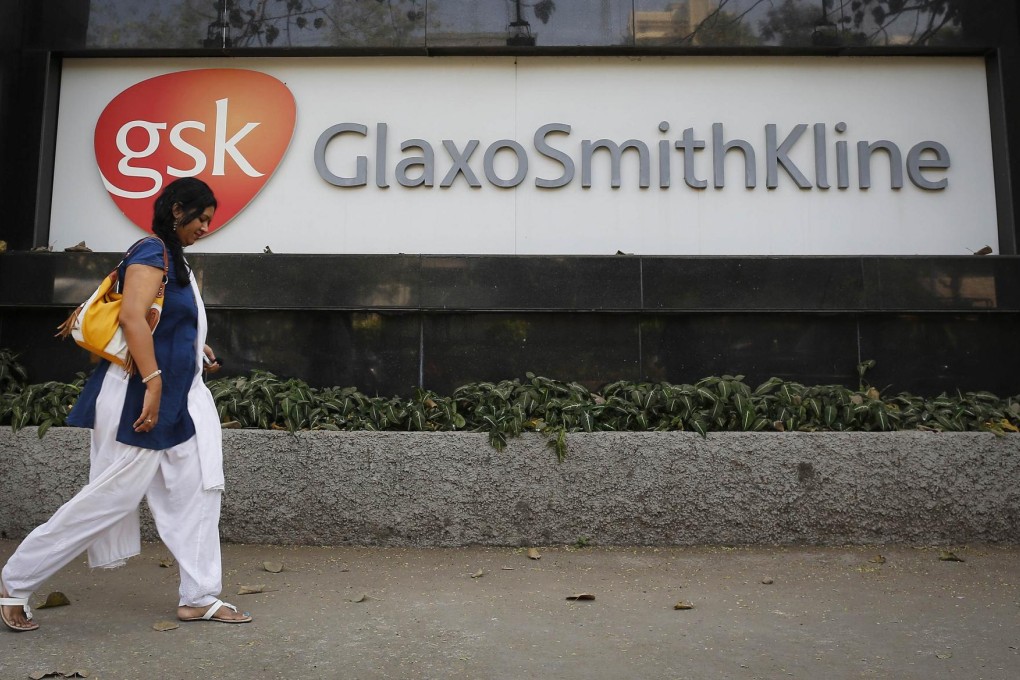GSK to lift stake in India unit by US$1 b
Drugmaker sees an opportunity in Asia's third-largest economy as patent expirations cut into profits in more developed markets

GlaxoSmithKline has decided to spend roughly US$1 billion to raise its stake in its Indian pharmaceutical unit, betting on rising demand in emerging markets as sales in developed economies slow due to a wave of patent expirations.

Emerging markets such as India and Brazil are an important plank of GSK chief executive Andrew Witty's growth strategy as he grapples with slower uptake of the company's products in the developed world.
GSK said yesterday that it planned to raise its stake in its Indian pharmaceutical unit, GlaxoSmithKline Pharmaceutical, up to as much as 75 per cent from 50.7 per cent through an open offer in a deal worth about £629 million (HK$7.95 billion).
In February, GSK lifted its stake in its publicly listed Indian consumer health-care subsidiary, GlaxoSmithKline Consumer Healthcare, to 72.5 per cent from 43.2 per cent for US$901 million.
"What they are trying to indicate is that this market can reward them nicely in the future," said Sarabjit Kour Nangra, a sector analyst at Angel Broking. "India is a growing market and GSK cannot afford to lose its hold."
Western drugmakers like GSK, Pfizer and AstraZeneca covet a bigger share of India's fast-growing US$13 billion drug market, but have been frustrated by a series of decisions on intellectual property and pricing.